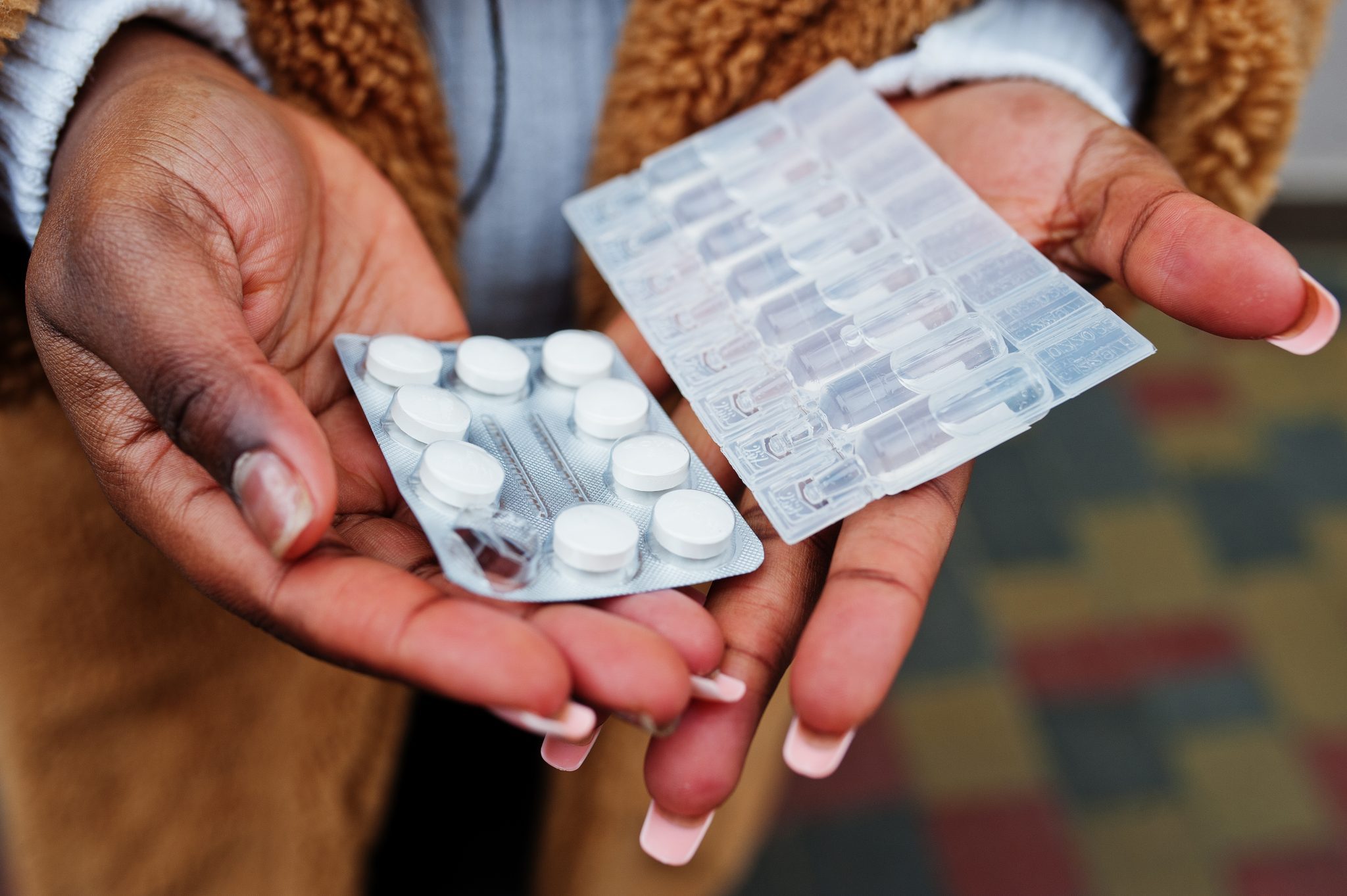Depression and anxiety are increasingly common problems in the world today. An estimated 21 million American adults have experienced a depressive episode according to the National Institute of Mental Health, and an estimated 31.1% of U.S. adults experience an anxiety disorder at some point in their lives. Although there is still a stigma against seeking treatment for a mental health problem, more and more people are choosing to look into therapies, medications, and other methods of treating anxiety and depression.
There are some treatment options that are considered “standard” for tackling depression and anxiety, while others are not used as widely and could be considered alternative treatments. Both kinds have their merits, and if you are trying to formulate a plan to treat your depression or anxiety, you should be aware of all of the options. Here’s what you need to know!
Traditional Treatments
Psychotherapy
Psychotherapy, or “talk therapy,” is one of the most common treatments for mental health disorders like anxiety and depression, and for good reason. Many people find their experiences in therapy to be extremely transformative and it can be a good way to set up coping strategies and work through the emotional components of anxiety and depression.
Therapy doesn’t have to be the way it’s often portrayed in movies, with a patient lying on a couch while a therapist takes notes. There are many different modalities of therapy, including cognitive behavioral therapy (CBT), eye movement desensitization and reprocessing therapy (EMDR), psychodynamic therapy, and many more.
Medication
The CDC found in 2019 that 15.8% of adults took prescription medication for their mental health, and that number has been noted to be growing in recent years, especially in the wake of the Covid-19 pandemic. Like therapy, this can be a very effective way to treat anxiety and depression, and like therapy, there are many, many different types of medication out there. Not each type works for each person– some produce unwanted side effects, and some do nothing at all, but with experimentation and patience many people find a medication that works well for them.
Alternative Treatments
Non-Traditional Therapies
While they fall under the umbrella of therapy along with the various types of psychotherapy, there are many kinds of alternative therapies that people see great success with. Art therapy, animal therapy and music therapy are common ones. Guided visualizations or meditations also fall into this category, as well as mindfulness-based therapies.
Physical Wellbeing
The body and the mind are a lot more closely interconnected than most people think, and treating the physical body to help with a mental problem is a very effective method. Dietary and exercise changes as well as getting more exposure to fresh air and sunlight can help to significantly lessen feelings of anxiety and depression, and since depression and anxiety can co-occur with other medical conditions like diabetes or heart problems, taking care of your body to treat these issues will help to treat your mental health as well.
Herbal Supplements
In lieu of traditional antidepressants or anti-anxiety medications, some people turn to more natural treatments. St. John’s Wort is a popular herbal remedy for depression, although it does not have scientific evidence to back up its efficacy, and stocking up on omega-3s through fish oil pills is also thought to help lessen mental health problems.
TMS Treatment
TMS, or transcranial magnetic stimulation, is a mental health treatment that uses magnetic energy. Highly concentrated magnetic fields that turn on and off very rapidly are used to target specific areas of the brain and activate the cells that are believed to produce neurotransmitters, helping to restore chemical balance in the brain. This treatment is often used with great success by those who see unsatisfactory results from traditional therapy and antidepressant usage.
Which is Better?
The inconvenient truth is that, at the end of the day, every individual case of depression and anxiety is unique, and it’s difficult to know what will work for you until you’ve tried it. The upside, though, is that you don’t have to choose just one way to treat your mental illness, and you certainly don’t have to choose between traditional and non-traditional methods. They’re much more effective together than apart. Therapy and physical activity, for example, can both help you feel better on their own, but both of them combined will produce even better results.
If you’re interested in exploring TMS therapy as an alternative treatment to anxiety and depression, contact us at the TMS Center of the Lehigh Valley today! We can help you to start feeling better.

